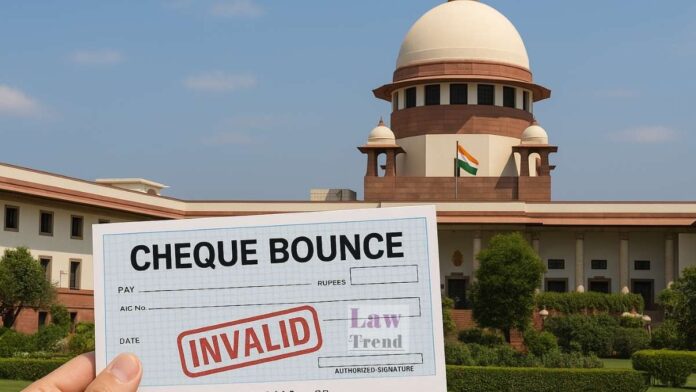In a significant judgment settling the law on territorial jurisdiction for offences under Section 138 of the Negotiable Instruments Act, 1881 (NI Act), the Supreme Court has ruled that the jurisdiction to try a complaint regarding an account payee cheque lies with the court where the payee’s “home branch” is situated. The Bench of Justice
To Read More Please Subscribe to VIP Membership for Unlimited Access to All the Articles, Download Available Copies of Judgments/Order, Acess to Central/State Bare Acts, Advertisement Free Content, Access to More than 4000 Legal Drafts( Readymade Editable Formats of Suits, Petitions, Writs, Legal Notices, Divorce Petitions, 138 Notices, Bail Applications etc.) in Hindi and English.




